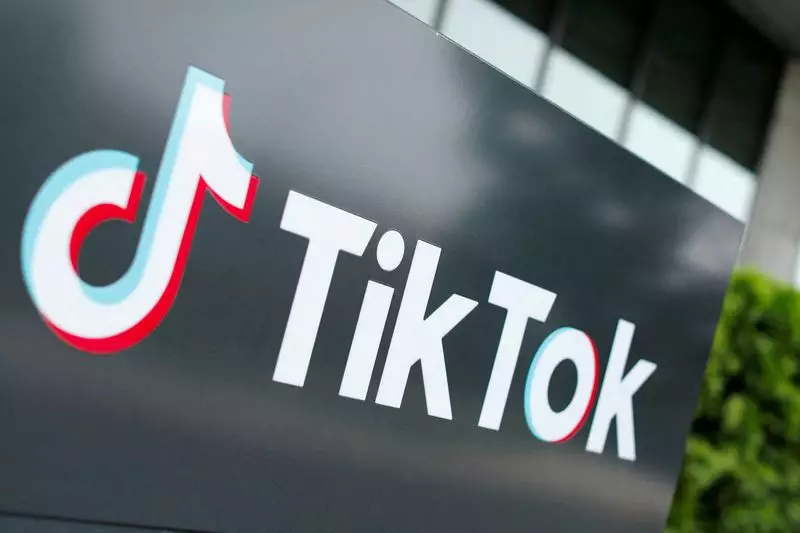In a decisive move that marks a significant step in regulating social media usage among minors, the Albanian government has announced a one-year ban on TikTok. This response comes in the wake of a tragic incident in which a 14-year-old boy was murdered by a peer, a case that has sparked intense discussions about the influence of social media on youth behavior. Prime Minister Edi Rama underscored the ban as part of a larger initiative aimed at enhancing the safety of schools and communities for children, highlighting the urgent need to address the challenges posed by platforms that many see as detrimental to mental health and social interaction.
The decision to prohibit TikTok raises critical questions about the role of digital platforms in the lives of young people. As teenagers increasingly turn to social media for expression and connection, the consequences of online interactions can spill over into real-life violence and aggression. This ban is intended not merely as a punitive measure but as a proactive approach to instigate a broader conversation about youth culture, responsibility, and safety. It reflects a growing sentiment among parents and educators that social media is exerting an unhealthy influence on children, often exacerbating conflicts that could be resolved in safer, more constructive environments.
Albania’s stance aligns it with a rising tide of legislative actions seen across Europe, where various countries have begun to tighten regulations around social media usage by minors. For example, nations like France and Germany have instituted restrictions, while Australia has set a precedent by imposing a complete social media ban for children under 16. These actions signal a concerted effort by governments to address the challenges posed by digital platforms. However, while the ban may provide immediate relief, it raises important questions about the long-term effectiveness of such measures in altering societal behaviors and cultural norms.
Addressing the Root Causes
Prime Minister Rama’s assertion that the issue lies not solely with children but reflects a broader societal problem is crucial to understanding the root causes of youth violence. Rather than scapegoating social media, there is a compelling argument for looking deeper into how families, schools, and communities engage with youth in a digital age. To foster a safer environment for children, it is essential to equip parents, educators, and the community with the tools needed to cultivate healthy relationships with technology.
Albania’s one-year TikTok ban is a significant and controversial step in addressing the pressing issues surrounding youth violence and social media. While it is still uncertain how effective this initiative will be in achieving its objectives, it serves as a wake-up call for societies grappling with the complex implications of technology on youth. The dialogue surrounding this ban opens pathways toward comprehensive strategies that encompass not just restrictions but also education and community empowerment. As the world watches Albania’s experiment, it will be crucial to examine the outcomes and lessons that emerge from this bold legislative action.

